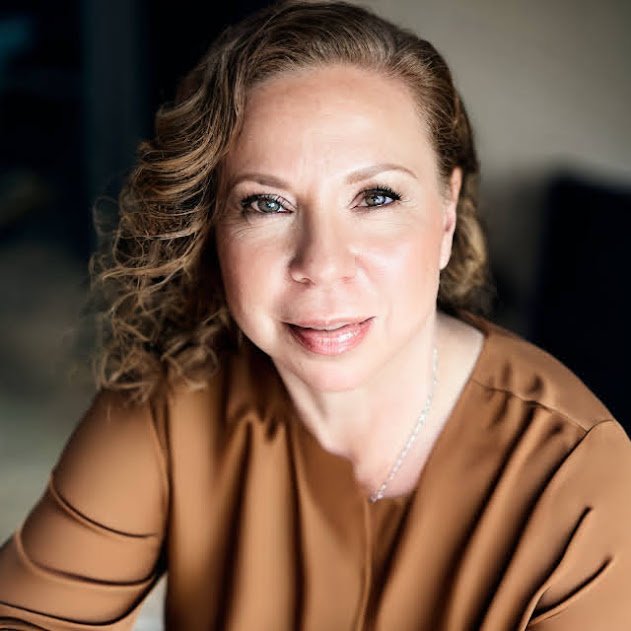I had just finished this book before the Oct 7th Massacre and hostage abduction by Hamas. The timing of reading that book was impeccable and ironic. I didn’t expect it to be so relevant to the upcoming reaction from university students in support of terrorism.
As a liberal humanitarian, it was a challenging read but I've always felt it was important to be exposed to different approaches. We can practice how to critically assess vs simply repeating what we've been taught or what our peers are saying. In previous life chapters, I, myself, too often just repeated what I was told - believing it 100% to be true. So I have compassion for those who mean well.
That being said, we also have the opportunity to notice when your humanitarian approach is actually hurting others or putting ourselves and others at risk. I have often advocated for people who later did terrible harm and I'll regret it for the rest of my life.
I truly believed they just needed a chance and that they were a victim of circumstance. I truly believed that others were lying on them or trying to purposefully hurt them when in reality they were doing the hurting.
I know now that I needed to believe that those dangerous people were actually victims so that I could make sense of the world. I think I wanted to believe there was some logic to the violence and that by giving and caring, I and other helpers would be spared and maybe even make the world a better place.
In my field, we call that confirmation bias. You have a theory and you only tune into facts that back it up and authentically don’t see/hear/notice any contradictory information. It’s too painful for our psychology. And most of us shy from that discomfort. We really don’t see any contradictory facts and so continue perpetuating our inaccurate beliefs. I get it.
I understand why a violent perpetrator acts out from their trauma. I can strongly believe in the principal of freedom for all. And I can fight to make sure that all people who physically hurt others, are kept away from society. We can understand (empathy) and protect from danger (boundaries).
I have spent a professional lifetime supporting victims of violence - like young girls who were victims of rape in Sierra Leone and trafficking victims in the U.S. Being a part of several organizations that supported the innocent Israeli and Palestinian families was always a value. We know that only together can we move toward a kinder, more emotionally intelligent society. The humanitarian values are there. But sometimes the rude awakening that not everyone wants peace, love and kindness is a hard pill to swallow. Sometimes we need to face reality that others - for whatever reason - feel justified in causing terror to entire communities.
One of the horrific ironies of the Oct 7th attack on Israelis was that the communities attacked were some of the most peace-loving people. They were the ones volunteering to drive Gazans to Israeli hospitals for free medical care. One such person was Vivian Silver who was a mentor and inspiration to me.
So do we now hate like the terrorists? Do we now stop helping and only look out for self like the terrorists? I learned years ago that if being a helper is in your blood, you will find your way back. You will need time to grieve - to get over the shock, the hurt, the anger, the sense of betrayal. You will need to find a way to feel safe again even if deep down you know you never really are. And you will come back with clarity and boundaries and sometimes with even more conviction.
To my liberal colleagues, I ask you to understand that violence by terrorists must be stopped. All extremism is dangerous. Anyone who answers their pain with destroying others must be stopped.
Our young adults who are now coming into their power and need our wisdom and guidance in understanding that their hope to help must be wrapped in education and not just slogans. We need to walk that walk too.
Book recommendation "The Coddling of the American Mind - How Good Intentions and Bad Ideas are Setting Up a Generation for Failure". Interesting ideas that we are seeing play out in the university settings now.

